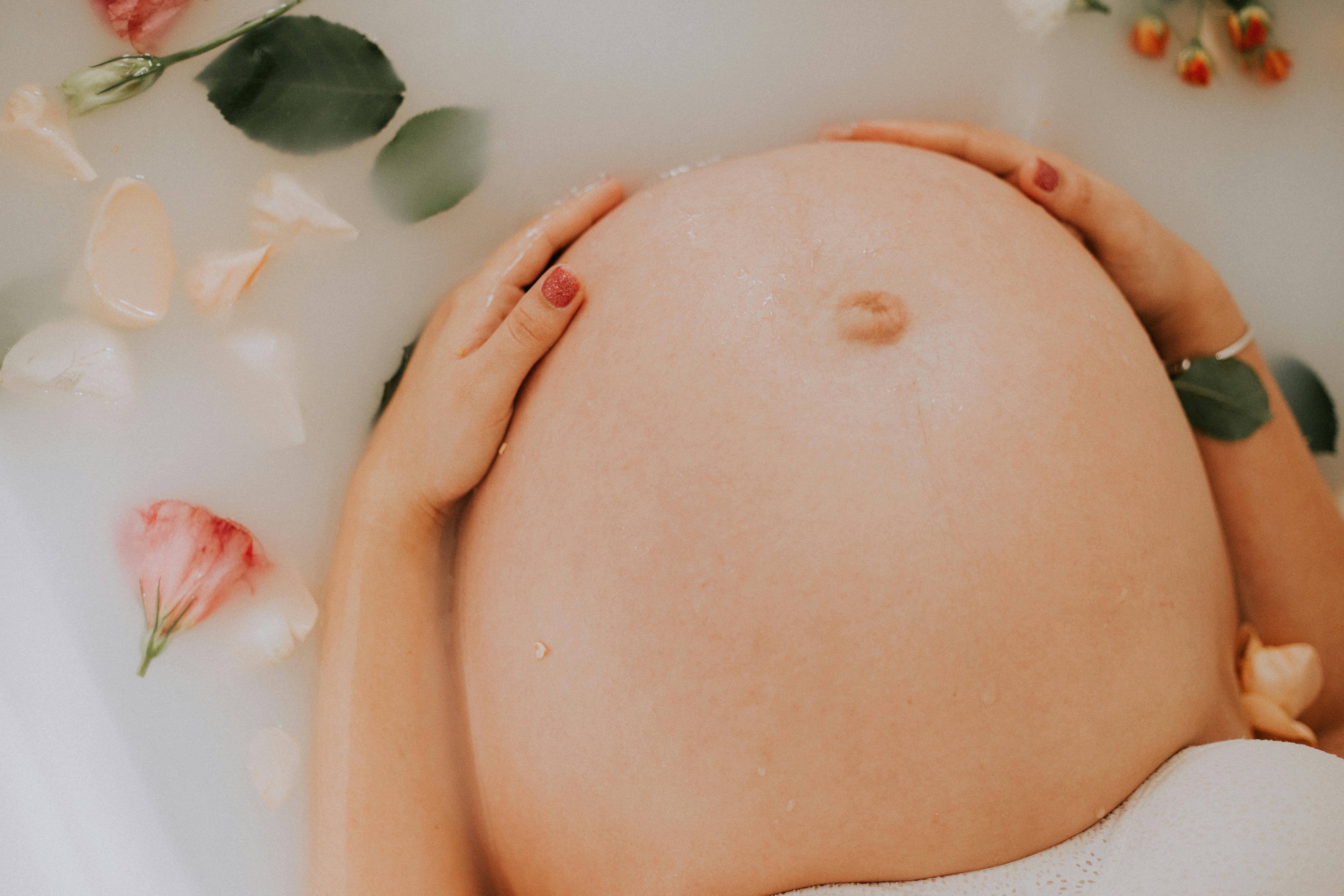Hair loss during pregnancy, or telogen effluvium, is a phenomenon that can be unsettling for many women, occurring primarily due to the profound hormonal upheavals associated with pregnancy and childbirth. While it is commonly understood that hormonal changes are the culprits behind this condition, the specific mechanisms and the variations in experience among different individuals are less frequently discussed. Exploring these nuances not only provides clarity but also reassures affected individuals that they are not alone in their experiences. Additionally, discussing the recovery process postpartum could reveal practical steps and remedies that aid in the normalization of hair growth cycles.
Understanding the underlying causes of female hair loss is essential in countering the challenge of thinning hair during and after pregnancy. Women looking for effective ways to deal with hair loss can find solace in knowing that there are proven strategies and treatments available. While coping with this change, it's vital to acknowledge the emotional impact of hair loss and take steps to preserve mental well-being.
Dispelling common hair loss myths and misconceptions is crucial, as accurate information can empower individuals to make informed decisions. For personalized guidance, consulting a professional on how to choose a hair loss doctor provides targeted and specialized care.
Furthermore, staying abreast of the latest hair loss research and developments can offer hope for new solutions on the horizon. Topics such as hair loss genetics help us understand the hereditary factors at play, while insights into the perimenopausal hair loss process shed light on what to expect as women transition into a different phase of their hormonal lifecycle.
Understanding Hair Loss in Pregnancy
Hair loss during pregnancy, though often unexpected, is a common phenomenon affecting numerous women. This condition, often termed telogen effluvium, involves a significant shedding of hair post-pregnancy rather than during the gestational period itself.
It arises due to the natural delay in the hair growth cycle, typically manifesting several months after delivery, emphasizing the temporality and typical recovery as the body stabilizes.
Hormonal Changes and Hair Health
During pregnancy, significant hormonal fluctuations can profoundly impact the health and lifecycle of a woman's hair. Elevated levels of estrogen extend the growth phase, often leading to thicker, more luscious locks.
However, postpartum hormonal adjustments may swiftly shift hair into a resting phase, culminating in noticeable shedding. Understanding these changes is essential for managing expectations and emotional responses to fluctuations in hair health.
Tips for Managing Hair Loss
Managing hair loss effectively involves adopting a gentle hair care routine that minimizes stress on the follicles. Use soft brushes and avoid tight hairstyles that pull on the hair.
Opt for mild, sulfate-free shampoos and conditioners that are less harsh. Ensuring a balanced diet rich in vitamins and minerals supports hair strength.
Limiting the use of heat-styling tools can also prevent further damage.
Postpartum Hair Regrowth
Following the management of hair loss, many women experience a phase of postpartum hair regrowth as hormone levels begin to stabilize. This natural recovery can vary in timing and extent among individuals.
|
Factor |
Impact on Regrowth |
|
Diet |
Nutrient-rich aids |
|
Hair Care |
Gentle handling |
|
Stress Levels |
Can impede growth |
|
Sleep Quality |
Supports recovery |
When to Consult a Professional
While many cases of hair loss during pregnancy are normal, it is important to consult a healthcare professional if the shedding is excessive or accompanied by other symptoms.
Such symptoms might include skin changes, fatigue, or unusual mood swings, signaling underlying health issues.
A doctor can provide targeted advice and potential treatments, ensuring both maternal health and the well-being of the pregnancy are maintained.
Innovative Solution with HairCubed
HairCubed Hair Spray: The Ultimate Hair Thickening Solution

Are you tired of struggling with thinning hair or bald spots and feeling like there is no viable solution? Look no further than HairCubed hair spray, the ultimate answer to natural-looking, fuller hair.
HairCubed spray is the best hair fiber spray on the market, boasting an all-natural and organic formula that features microfibers charged with static electricity. These fibers adhere to your existing hair strands to create a safe and water-resistant product that covers bald spots and thinning hair in less than a minute.
What sets HairCubed apart from other hair loss treatments is its unique, positively charged microfibers that naturally fuse with your negatively charged hair. This creates a natural density on your scalp, camouflaging hair loss while maintaining your hair's strength and vitality.
Not only is HairCubed the best hair fiber product available, but it is also 100% cruelty-free and environmentally safe. Its water and sweat-resistant formula makes it perfect for all types of weather, and for an even stronger hold, use the HairCubed Sealer and Control Spray over the hair thickener.
Say goodbye to expensive, time-consuming hair loss treatments and hello to natural-looking, fuller hair with HairCubed Microfiber Hair Thickener Spray - the best hair follicle spray on the market.
→ You have a wide range of colors to choose from, such as:



